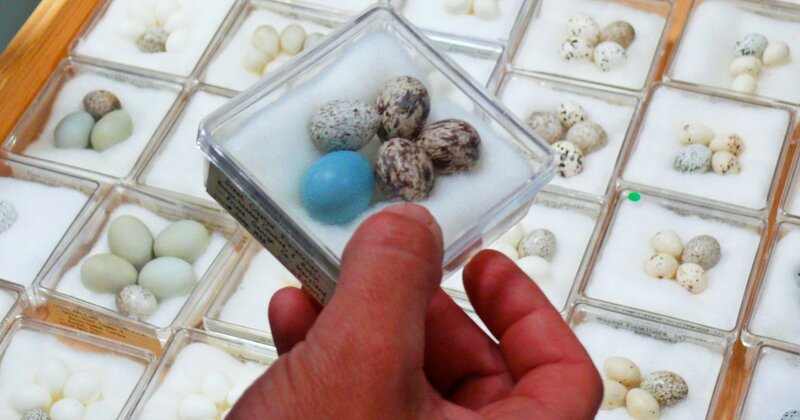Posted on Mar 27, 2022
Changes to birds’ nesting habits may signal broader climate shift, study says
1.27K
8
1
6
6
0
Posted 2 y ago
Responses: 1
PO1 William "Chip" Nagel
..."To examine what may be causing the shift, the researchers studied concentrations of carbon dioxide in the atmosphere over the past 150 years, together with long-term temperature trends, and found that overall increases in both correlated with fluctuations in egg-laying dates for many — though not all — bird species.
"This really highlights the complexity of what climate change means to the biology of birds," said John Bates, curator of birds at the Field Museum in Chicago and the study's lead author.
Bates said it's not yet clear which bird species might be most vulnerable — or even what that vulnerability entails. It's possible, for instance, that one of the consequences of earlier-than-usual nesting may be that some birds are forced to compete for food and other resources in new ways, he said.
"If you've got these birds nesting earlier and earlier," Bates said, "then one of the questions you have to ask is: Does that put them in a situation where there's not enough insects around for them to eat?"
Brooke Bateman, director of climate science at the National Audubon Society, who was not involved with the study, said shifts in birds' nesting habits are likely just one part of a cascade of ecosystem changes as a result of global warming.
"Birds have to cope with climate change by shifting things in time and also space," Bateman said. "They're having to adjust the timing of things but also where they are across the landscape. And that's a lot to cope with.""...
..."To examine what may be causing the shift, the researchers studied concentrations of carbon dioxide in the atmosphere over the past 150 years, together with long-term temperature trends, and found that overall increases in both correlated with fluctuations in egg-laying dates for many — though not all — bird species.
"This really highlights the complexity of what climate change means to the biology of birds," said John Bates, curator of birds at the Field Museum in Chicago and the study's lead author.
Bates said it's not yet clear which bird species might be most vulnerable — or even what that vulnerability entails. It's possible, for instance, that one of the consequences of earlier-than-usual nesting may be that some birds are forced to compete for food and other resources in new ways, he said.
"If you've got these birds nesting earlier and earlier," Bates said, "then one of the questions you have to ask is: Does that put them in a situation where there's not enough insects around for them to eat?"
Brooke Bateman, director of climate science at the National Audubon Society, who was not involved with the study, said shifts in birds' nesting habits are likely just one part of a cascade of ecosystem changes as a result of global warming.
"Birds have to cope with climate change by shifting things in time and also space," Bateman said. "They're having to adjust the timing of things but also where they are across the landscape. And that's a lot to cope with.""...
(2)
(0)
Read This Next



 Climate Change
Climate Change Wildlife
Wildlife Birding
Birding Environment
Environment Science
Science


